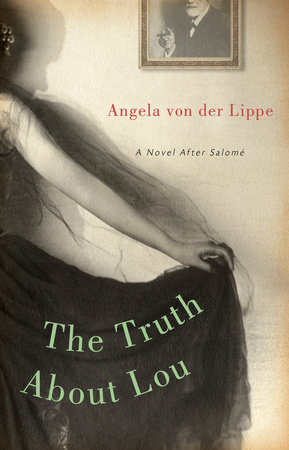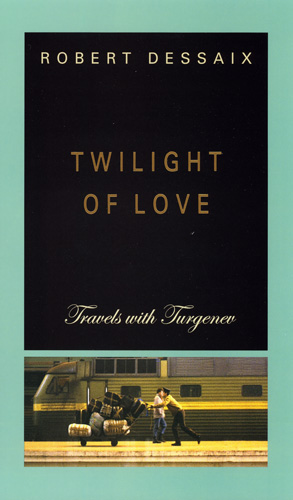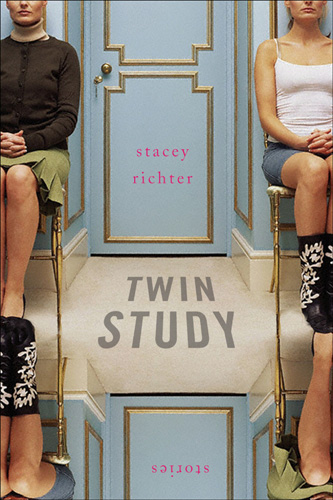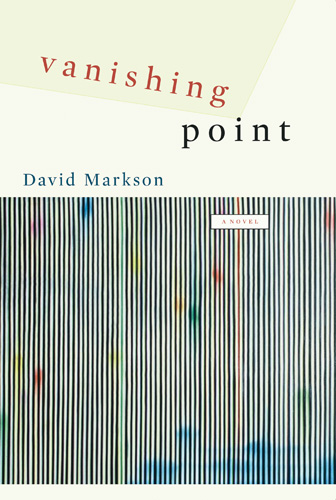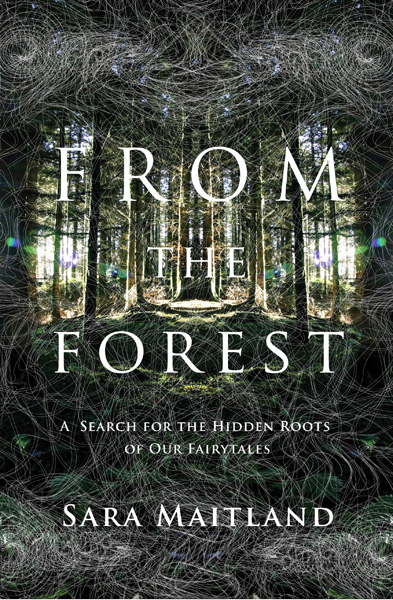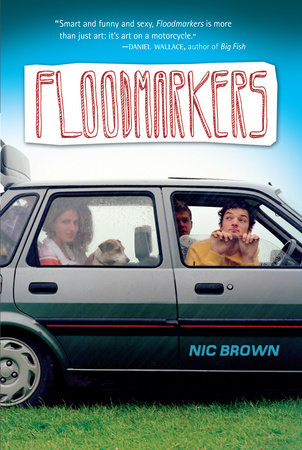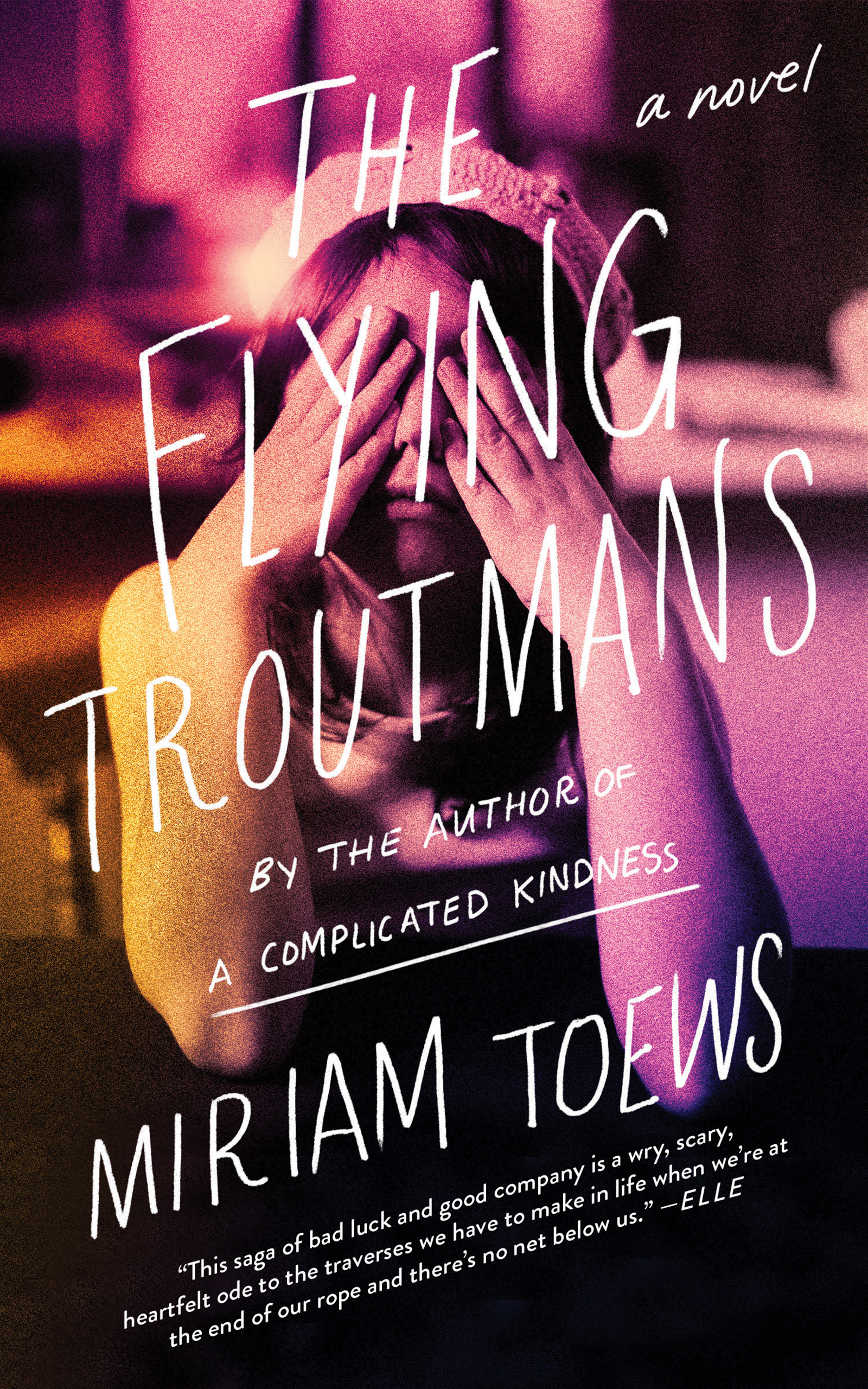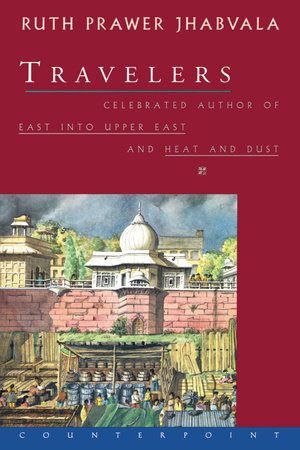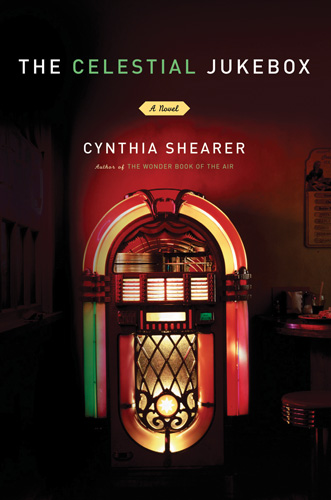
The Celestial Jukebox
A Novel
Book Description
The Celestial Jukebox is set in the invented Mississippi Delta town of Madagascar. Cynthia Shearer’s rural south is dependent on the rather less attractive fruits of capitalism, including agribusiness, gambling, and the dwindling vices surrounding the retail trades. The mood, the emotional weather these days, feels like a very humid melancholy. Into this weather comes Boubacar, a 15–year–old by from Africa, joining friends from Mauritania already living in the area, new African blacks not especially noteworthy in a small town filled with Chinese emigrants, African Americans within memory of slavery, straggling members of the original white families of the area, and unsorted others.
In America, Boubacar sees a shining National Steel guitar in the window of a pawn shop in town and visits The Celestial Grocery, the virtual city center presided over by a cranky second–generation Chinese proprietor and his equally cranky jukebox that often hoards its treasure of Slim Harpo, Sam Cooke, and Wanda Jackson, stuck on the same sad Louvin Brothers song. The tie that binds all these lives is American popular music, its origins and its power.
The purity and beauty of the writing marks this book as that most rare novel, filled with music, struggle, and spontaneous joy.









